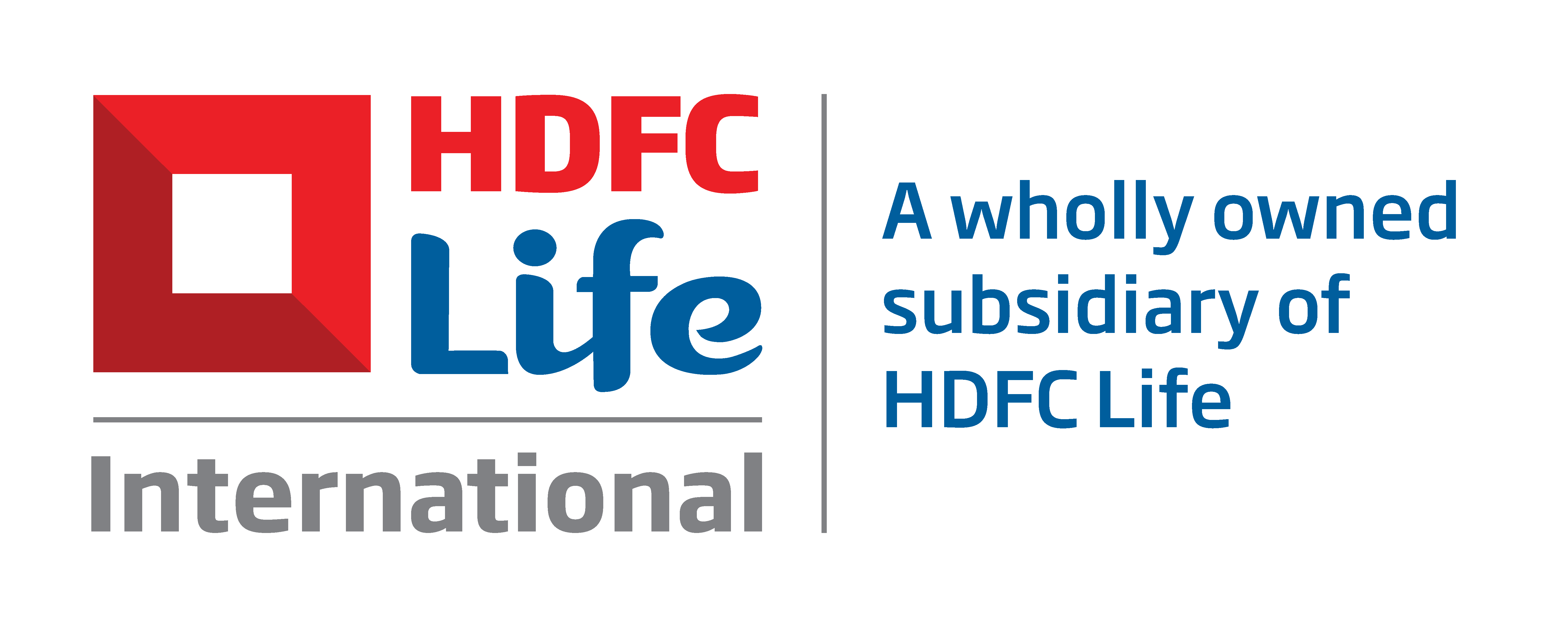Saving for Your Child's Higher Education Abroad? Here are 5 Key Factors to Consider

The subject of child education is enough to stress any parent out. This is because, with rising costs and inflation hitting most sectors, education has become very expensive, especially higher education abroad. Most parents aspire for the USA as the higher education hub for their children and try to save and invest for meeting costs that will only spiral in the years to come. However, if certain factors are considered beforehand, sending a child abroad for higher education is a possibility.
Before You Start Saving
So you have thought long and hard, and wish to send your child abroad for higher education? This is a “dream come true” for many parents and children, and if your child does not get to execute the reality, then it can hurt terribly. The only thing that can curb the plans for child education abroad is a lack of funding. Of course, before you start your savings journey, there are certain things to consider in your plan. It is imperative, from the start, that you put a plan on paper into action. Furthermore, if you have more than a single child to think of, you should make separate plans for each, perhaps, according to ages and time horizons for building a corpus.
5 Main Factors to Consider as You Save for Higher Education Abroad
Here are five important things to consider when you are saving for your child’s higher education abroad:
1. Begin Saving and Investment Early
When a child is born, parents commonly believe there is a long way to go before they have to think of saving and investing for a child’s education, let alone a higher education abroad. This way of thinking couldn’t be further from the right way of planning for your child’s studies abroad. The earlier you start on the path to saving and investing, the longer time you have to do so. Additionally, you can make the most of long-term investments like guaranteed instruments (FDs and PPF accounts) so you build a substantial corpus.
Moreover, when you are young and earning an income, you can even consider riskier, but more rewarding long-term equity investment for building capital towards a child’s higher education abroad. Besides this, you can invest in other fruitful products like life insurance and health insurance which act as financial buffers in case of unfortunate circumstances or other emergencies. If you buy insurance when you are young, you are likely to get good coverage with low premium payments.
2. Pay Attention to Inflation
Inflation seeps into every aspect of life. It also affects education and the costs associated with it. In many countries abroad, inflation in the educational sector is higher than that affecting costs of daily living. Depending on the education destination you choose for your child, inflation may be higher or lower. When you save and invest to build an education corpus, you must not merely consider the costs linked with a particular course of education, but also add amounts you will require to account for costs due to inflation.
3. Consider Saving from the Incomes of Both Partners
In case you are effectively saving and investing from your own income, you may consider executing the same plan in the event your spouse is earning an income too. Saving and investing to reach the goal of a corpus for the education plan to be fulfilled depends on the time you have to achieve your goal. You also need to consider the amount to be saved. Even if saving and investing from one spouse’s income will build a corpus for your child’s higher studies abroad, it is a good idea to build a corpus from a spouse’s income too. This way, extra wealth may be created to meet any other requirements as well. When both spouses save and invest as a team, the motivation to do so consistently is kept alive and kicking!
4. Diversify the Corpus Portfolio
In any sound investment plan, the only way to hedge against risk and ensure you earn good returns is by diversification of a portfolio. Investing in various kinds of products and avenues helps you to get the advantage of a range of earning possibilities and good returns. Hence, the financial portfolio of investment geared towards child education should comprise a mixed bag of investments and financial products. Some you could consider are commodities like gold and silver, equity, mutual funds, bonds, PPF accounts, fixed deposits, etc. If you start planning early, as you are advised to do, you can even think of a real estate investment by taking a loan (which can be repaid over a longer period, the earlier you take it). Real estate has historically displayed good returns.
5. Find Investment Plans that Suit Your Goals
Naturally, while you think of kicking in your savings plan, you cannot possibly invest in every investment product out there. This is the time you must think of your investment time horizon and your individual goals. Many kinds of investments only figure in the time you remain invested and the risk potential of the investor. You must consider inflation as well.
Your investment plans also have to account for your child’s continuing higher education plan, and not just for part-payment of the course. Thinking of all this, plus the amount you wish to ultimately achieve and the amounts you can save and invest along the way, you must choose your investment avenues prudently.
Multiple Considerations
Parents only want the best in terms of education, especially higher education, for their children. As higher education literally defines later prospects, to some extent, regarding employment or further studies, parents think this is a crucial stepping stone in a child's life. Although you may think of the financial aspects of education, and these are the key variables involved, you should also get the right counseling for your child, concerning good courses aligned with their career choices and any other means of funding education while the child is abroad (like a scholarship or a research assistantship). Overall preparedness, with financial factors being crucial, is the route to a successful higher education abroad.
Sources:
Author
Editorial Team of HDFC Life International
Disclaimer:
The information provided in this blog is intended for general informational purposes only. HDFC International Life and Re Company Limited, is committed to delivering accurate and up-to-date content, but we do not guarantee the completeness or accuracy of the information. The content on this blog is not meant as professional advice and should not be considered a substitute for consulting with a qualified expert in the field of insurance or financial planning and advisory matters. Decisions based on the information in this article are solely at the reader's discretion.
We may occasionally include external links to third-party websites for additional information. HDFC International Life and Re Company Limited does not endorse or have any control over the content of these external websites and is not responsible for their accuracy, reliability, or compliance with legal regulations. While we strive to offer valuable insights and guidance, the information in this blog is subject to change without notice, and we make no representations or warranties of any kind, express or implied, about the accuracy, reliability, suitability, or availability of the information provided.
By using this blog, you agree that HDFC International Life and Re Company Limited and its authors will not be held liable for any direct, indirect, or consequential damages arising from the use of the information contained here. We recommend consulting with a qualified professional for specific advice related to your unique situation.
Recommended blogs

Stay in touch
Subscribe to our newsletter and stay updated.
Related posts
05 Sep 2024|7 min read
10 Jul 2024|6 min read
10 Jul 2024|5 min read
HDFC International Life and Re Company Limited, IFSC Branch
FCRN: F06803 & IFSCA Registration No.: IFSCA/IIO/006/2022-23(Regulated by the IFSCA)
Registered Branch Office and Address for Correspondence: Office No. 213, Hiranandani Signature, Second Floor, Block 13B, Zone - 1, GIFT SEZ, Gift City, IFSC, Gandhinagar, Gujarat, India - 382050.
The registered marks including the name/letters "HDFC" in the name/logo of the Company/branch belongs to HDFC Bank Limited ("HDFC Bank") and the name/letters "HDFC Life" is used by HDFC Life Insurance Company Limited ("HDFC Life") and its subsidiary, HDFC International Life and Re Company Limited under a licence/agreement between HDFC Bank and HDFC Life.
For more details on risk factors, associated terms and conditions and exclusions please read sales brochure carefully before concluding a sale.
PLEASE EXERCISE CAUTION REGARDING DECEPTIVE PHONE CALLS AND FRAUDULENT OFFERS.


